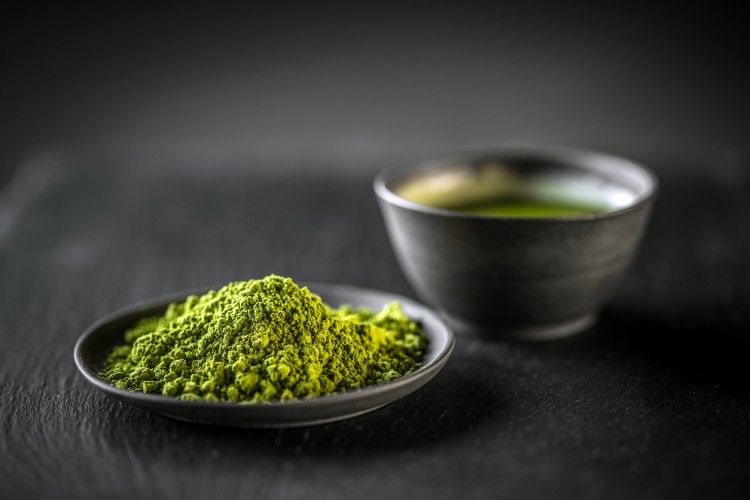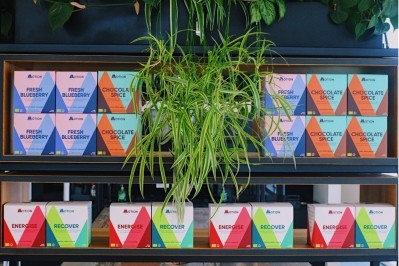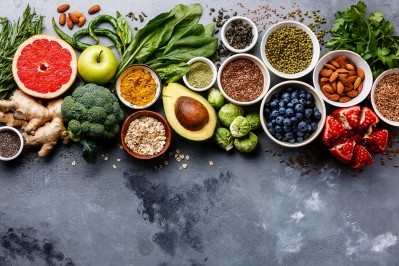High aluminium levels found in matcha tea samples, warns German government agency

Three matcha tea samples tested by the Institute found aluminium levels to be 1743, 1775 and 2350 milligrams (mg) per kilogram (kg) respectively greatly exceeding EFSA’s daily recommendation of one mg per kg body weight.
“In light of this situation for consumers, the additional intake of aluminium through regular (daily) consumption of a single food such as tea, which represents a considerable portion of the tolerable weekly intake (TWI) or even exceeds it if consumed regularly, is not tolerable from a toxicological point of view,” the assessment states.
“As there are still gaps in the available data, the assessment of the health risk involves great uncertainty and further research is needed.
“Due to the very small number of analysed samples, it is not possible to reach any conclusions on normal levels of aluminium in matcha tea and on the overall health assessment of matcha tea as a food.”
Data questions
Whilst the BfR’s risk profile suggests a ‘possible’ probability of health impairment through the daily consumption of aluminium-containing matcha tea over a lifetime, the authority acknowledges the low sample number as contributing to a ‘low’ reliability of available data.
The BfR adds that where adults are concerned, the proportion of affected persons (green tea and matcha tea consumers) is very small.
The Institute also take into account that by assuming the consumption quantities for green tea, the consumption quantity for matcha tea may well be overestimated.
Regarding relative risk to children, matcha tea consumption is not the issue as the intake via other foods to which matcha tea powder is more significant.
They comment that the uncertainties in the estimation of exposure to aluminium via matcha tea consumption by children is too great to comment on possible health impairments for this age group.
Additional data provided by the Federal Office of Consumer Protection and Food Safety (BVL), adds to the BfR’s suspicion that another relevant source of exposure could exist especially as these teas are consumed in higher quantities by a larger percentage of the population.
French Total Diet Study
This hypothesis is supported by the results of the second French Total Diet Study (TDS) in which the total aluminium uptake by France’s population over all food groups was determined by data on consumption quantities.
The study identifies the biggest contribution for adults is made by hot drinks (13%) except coffee (which includes tea as well as drinks containing cocoa) which were measured with an aluminium level of 4.1 mg per kg in the French TDS.
EFSA also mentions a level of aluminium in infusions of black tea of 4.2 milligrams per litre (mg/l) adding that the Authority’s estimation of exposure via food includes exposure via tea drinks.
What proportion of total exposure is attributable to aluminium uptake from tea drinks is not known.
Regarding aluminium levels in tea leaves, the BfR cite literature about the transfer of aluminium to the tea infusion and the bioavailability of aluminium.
They also add that possibilities of reduced aluminium uptake from tea into the gastrointestinal tract due to the bonding of aluminium to constituent substances such as polyphenols cannot be discounted.
“It cannot be estimated in this regard whether exposure to aluminium through the consumption of matcha tea should be added to total exposure with the group of matcha tea drinkers,” the BfR conclude.
“It is not clear either whether the consumption quantities of green tea represent an over- or underestimation in relation to consumption quantities of matcha tea.
“It also remains uncertain whether aluminium levels in the above-mentioned amounts are to be expected from the long-term consumption of matcha tea, as the amount of data on the levels contained is very scant.”















